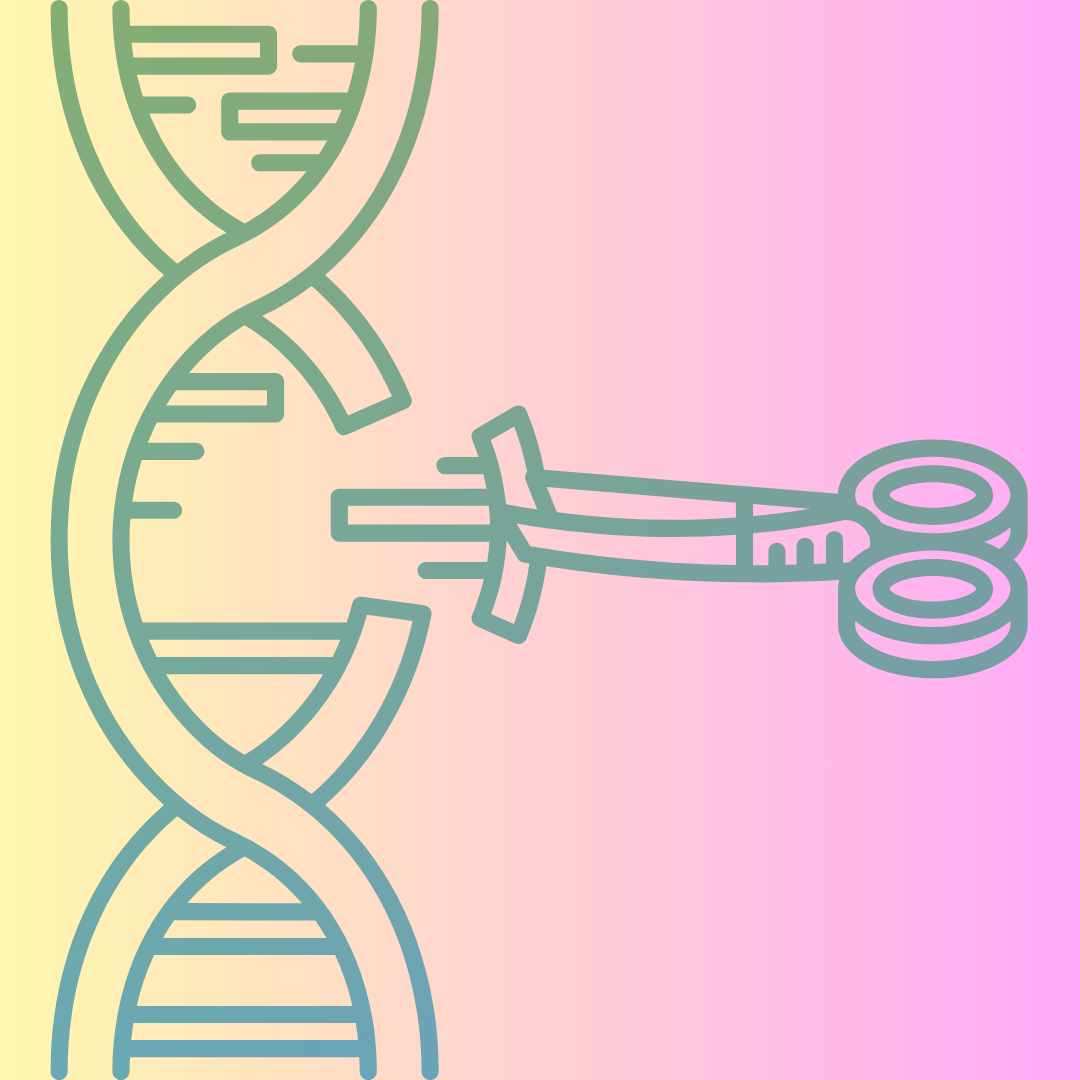Aggregated News

CRISPR has taken the bioengineering world by storm since its first introduction. From treating sickle cell diseases to creating disease-resistant crops, the technology continues to boast success on various fronts. But getting CRISPR experiments right in the lab isn’t simple. Scientists need specialized domain knowledge and must spend hours perfecting the experimental design. All of that can change soon, however, thanks to AI.
Researchers at Stanford, Princeton, Google DeepMind, and the University of California, Berkeley have teamed up to develop an AI system based on large language models that can automate the design and analysis of CRISPR-based gene editing experiments.
This work is published in Nature Biomedical Engineering titled, “CRISPR-GPT for agentic automation of gene-editing experiments.”
The multiagent AI system, dubbed “CRISPR-GPT,” is designed to interact and reason with human users as they execute gene-editing tasks. The model was trained using data from scientific literature, public databases, and curated discussions from experts in the field.
“It’s a first example of combining the large language model reasoning ability with expert know-how to make an intelligent system that can push...



